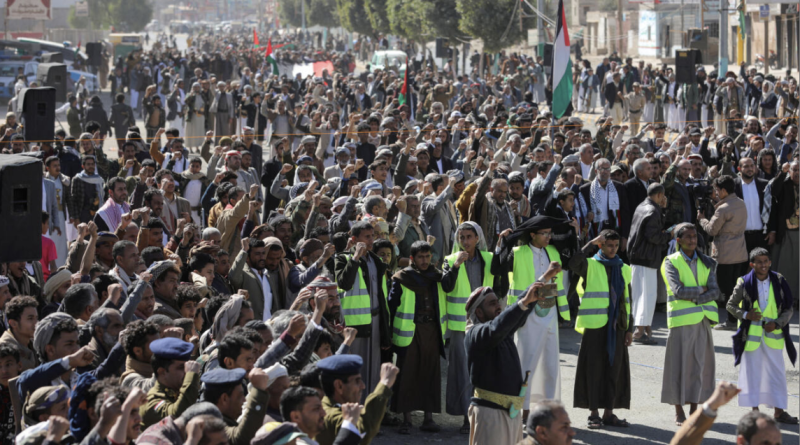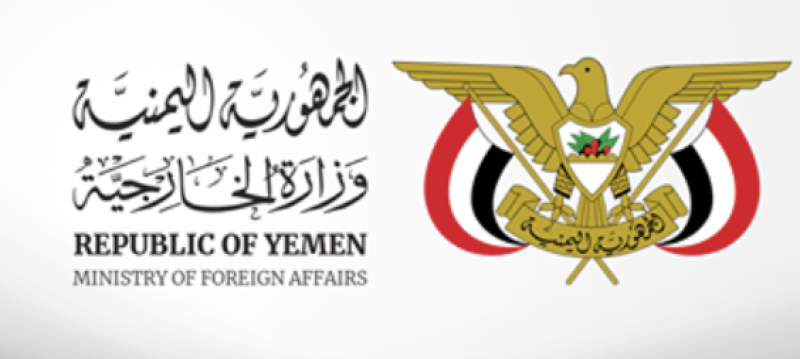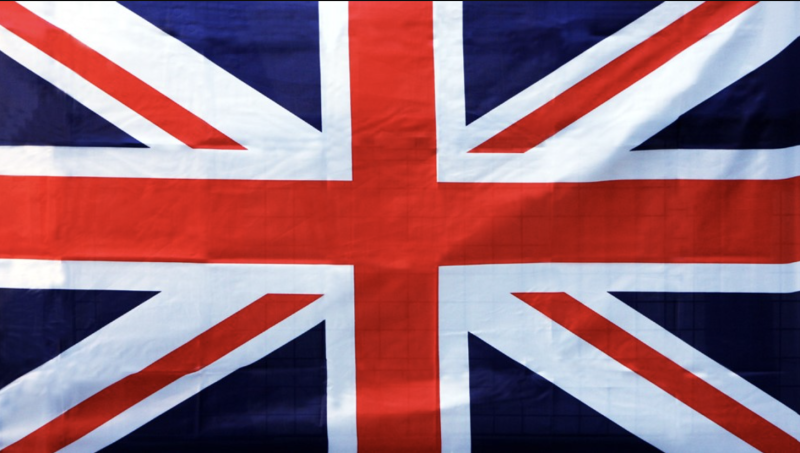Yemen President and Houthi Representatives Meet With U.N. Envoy


SANA, Yemen — The embattled Yemeni president and the Houthi rebels fighting him met Thursday with a United Nations special envoy in an effort to carry out an agreement the two sides reached to end a violent crisis that had gripped the capital, Sana, for days.
Jamal Benomar, a Moroccan diplomat representing the United Nations secretary general, returned to Sana on Thursday and immediately began meetings with representatives of President Abdu Rabbu Mansour Hadi and the Houthis. Aides told reporters that Mr. Benomar hoped to ensure that Wednesday’s agreement was carried out.
The Houthis, who have taken control of much of northern Yemen, remained at their posts around the presidential palace on Thursday despite agreeing to pull back, although they had withdrawn from Mr. Hadi’s personal residence after the two sides reached a deal on Wednesday to restore order.
On Thursday, only private guards could be seen outside Mr. Hadi’s house, and emissaries from Mr. Hadi and Houthi leaders were seen visiting one another Thursday in an atmosphere of calm.
Fighting in the capital had largely subsided since Wednesday’s deal, although there were reports of violence in the province of Marib, an important oil-producing area east of Sana, with the Houthis — who are Zaydis, a small Shiite sect — clashing with Sunni tribesmen. Marib is also home to fighters from Al Qaeda in Yemen, bitter enemies of the Houthis.
The Houthis had agreed to pull back their fighters from central installations in Sana, including the palace, in exchange for several political concessions from Mr. Hadi, like amendments to a draft constitution. The deal was widely seen as a victory for the Houthis, a former insurgent group based in northwestern Yemen that has repeatedly used military force as a cudgel during political negotiations.
Another central provision of the agreement — the immediate release of one of Mr. Hadi’s top aides — also remained unfulfilled early Thursday. Yemen’s information minister, Nadia Sakkaf, said on Twitter that the aide, Ahmed Awad bin Mubarak, was still being held hostage by the Houthis.
“They got what they want,” she said. “Why should they fulfill their promise?”
Mohammed al-Bukhaiti, a member of the Houthi political bureau, said negotiations were continuing over the application of the agreement.
He confirmed that Mr. Mubarak had not been freed.
In signing the deal, the Houthis stopped short of a military takeover of the government, an outcome that analysts said the Houthi leadership preferred. Since taking over parts of the capital in September, the Houthis have become Yemen’s de facto ruling power, exerting control over important ministries and, increasingly, the country’s security forces.
At the same time, they have been able to lay blame for continuing challenges — including corruption and meager government services throughout the country — at the feet of Mr. Hadi and his leadership.
With the crisis in Sana starting to ease, many in Yemen were looking nervously to Marib.
The Houthis are eager to assert their control in the province, which includes much of Yemen’s oil infrastructure and is seen as a strategic gateway to other parts of the country.
The Houthis’ plans have prompted resistance and a furious reaction from Sunni tribesmen in the province, including some aligned with Islah, Yemen’s most prominent Sunni Islamist movement — now eviscerated by the Houthis, who had considered it a hated rival.
Saudi Arabia, which has recoiled at what it sees as the Houthis’ strong ties to Shiite Iran, has begun sending aid to the tribes in Marib, according to diplomats, raising fears that the province will become a focal point for an escalating proxy war.
NY Times

Sana'a -- The Houthi militias in Sana’a, Yemen, announced the death of several of their military commanders, without disclosing the location…

Aden – Yemen’s Ministry of Foreign Affairs has welcomed the latest statement issued by the United Nations Security Council regarding th…

London – The United Kingdom has welcomed the latest statement issued by the UN Security Council on Yemen, stressing the urgent need for the H…